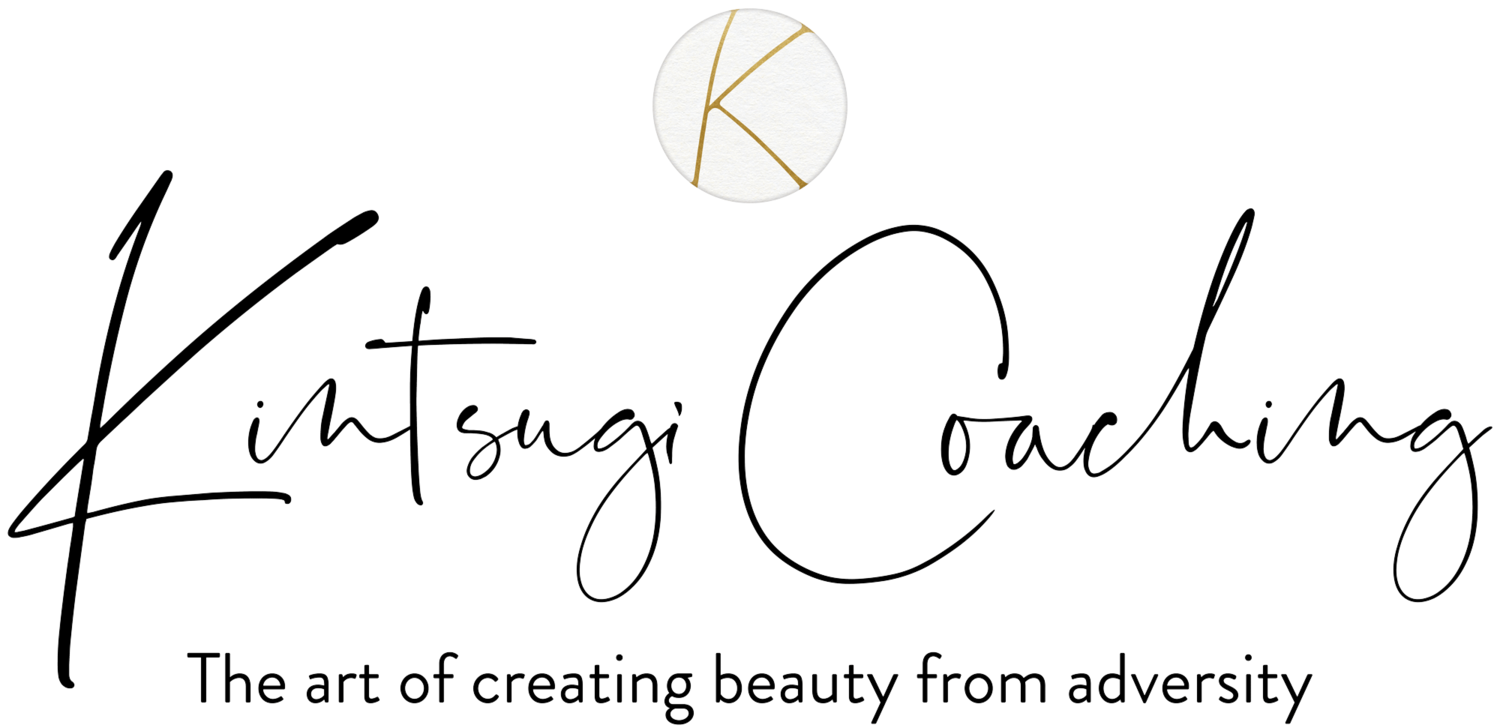Pain
A few years ago I spent many weeks overtaken by pain, the result of a bike accident. The pain in my neck and shoulder was intense. I couldn’t find a peaceful placement of the head to relieve it. Sleep nearly disappeared. The simple act of being alive meant that I was in quiet or not-so-quiet agony. I feared it would never end. (And is this not true with all pain, that we fear it will never end?) This brief journey into pain gave me a taste of how physical pain can easily envelop and define one’s entire existence. I was fortunate that pain eventually dissipated. But what of pain that does not end?
My spouse has had a 20-year struggle with Lyme disease, an untreatable (thus far) illness with a laundry list of symptoms and chronic, unrelenting pain. He is exhausted from the long slog and sick of being sick. Physical pain creates emotional and mental pain as well, for us both. While pain is the basis of my work as a counselor, I’ve discovered that this sort of pain is different: This is not pain I can help to ease or eradicate. This is not pain that I have faith will dissipate. This is, perhaps, the pain that will never go away. And I have learned that there is nothing like chronic, physical pain to completely and radically re-arrange a life — or lives.
I shared my many thoughts and feelings about this situation with my analyst recently, ending my confession with the rather forced offering of, “the wheel of life does turn, so maybe things will improve.” She was supposed to agree with me, but instead, she replied, “Sometimes things don’t get better.”
(Imagine here a prolonged, stunned silence.)
Here I was being vulnerable, reaching out for support and compassion and expecting (desperately hoping for) some positive word to hold on to, and I get this. Her comment left me feeling more depressed than before, but I couldn’t stop thinking about it. Zen slaps are like this. After some days of contemplating Cassandra’s observation, my thinking boiled down to four main ideas which I share here in the hope that they might help someone else out there who is living with pain that looks like it’s going to stay awhile.
THE FOUR PRINCIPLES OF PAIN
LIFE IS NOT FAIR. This is not Kindergarten where we all get equal portions of graham crackers and boxes of milk. Not hardly, kid. Some people get double milk. Some people get none. Some people get broken crackers. And while we may search for some understanding of what this means and why it is so, the most important thing to know is that it IS so, for everybody.
WHEN LIFE IS ROUGH, IT’S STILL YOUR LIFE. You can’t put your life on hold, waiting for things to get better. Right here, right now, this is your life — however frightening, or painful, or upsetting, or laden with grief. Try not to dive back to the past or venture into the future. Maybe tomorrow will be better. Maybe not. If today is all you have (and it is, really), how do you want to live it, given the circumstances?
SEEK BEAUTY. Gandhi said, “In the midst of darkness, light persists.” It is imperative in times of pain and suffering to locate what in yoga is called a dristi, a focus point, a spot of light in the midst of darkness. Open yourself to finding these spots: how soft the breeze feels, the beauty of a blossom, the sweetness of a bird’s song. Pain makes you close up, and you must work to stay open and receptive. This is not about being a Pollyanna; this is about a deep and powerful recognition that beauty and pain exist simultaneously. When things are really rough, finding even the smallest bit of gratitude is both victory and salvation.
LIFE IS DUKKHA. Yes, it’s true. The Buddha said it. Life is full of suffering; it’s an unavoidable and innate part of the human experience. Everyone has it. They do. If you think that there is a path that you could have taken or might yet take that would circumvent suffering entirely, you would be wrong. Eat well, exercise, be a nice person and you still may be stricken down like Job. (See #1, above.) Sometimes pain goes away. Sometimes we are cured or relieved, but this is not always the case. Not by a long shot. To say that life is suffering is not about giving up or being dismissive: sometimes it is just an acceptance of a difficult and mysterious reality.

